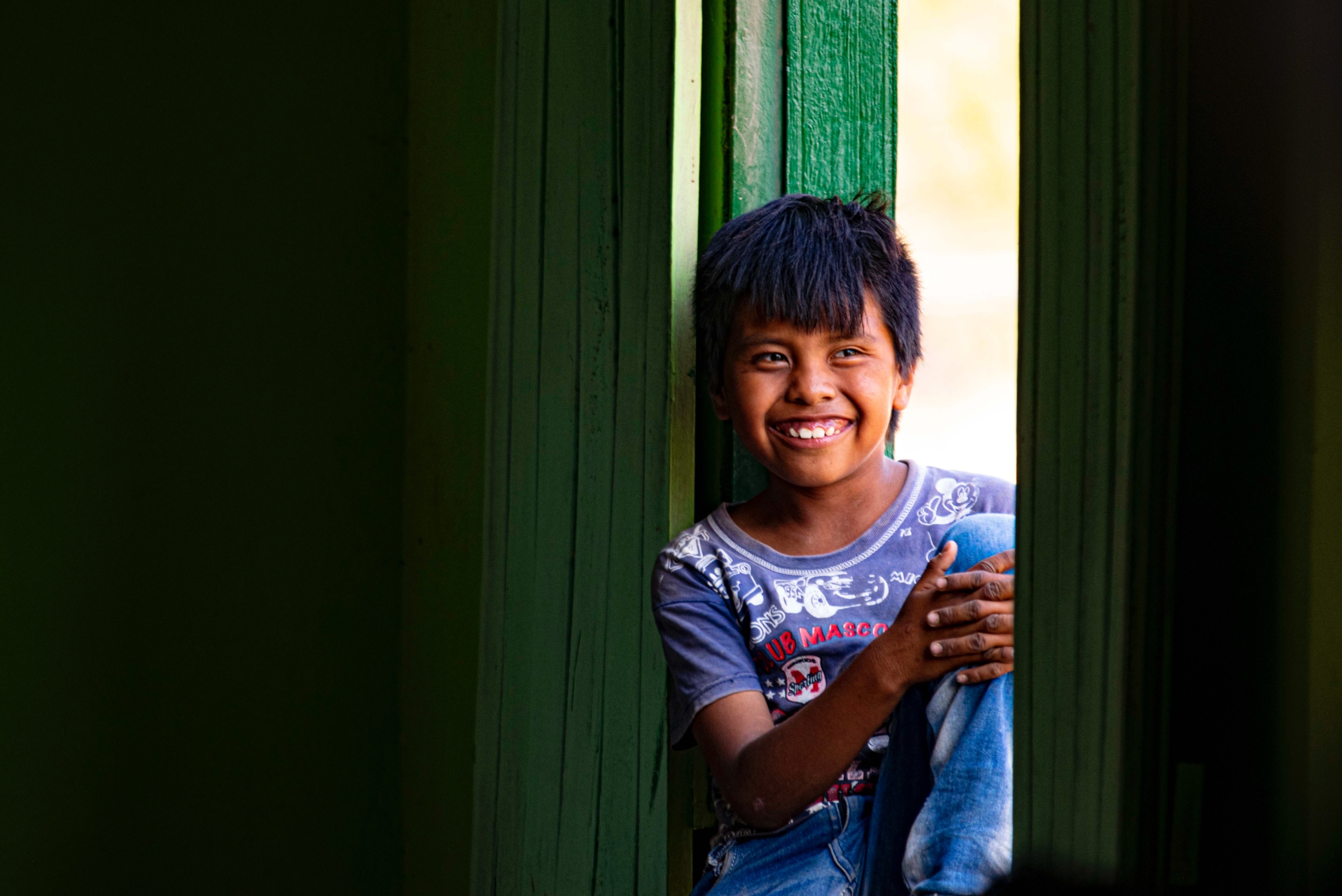6 Approaches that Advanced Mental Health in Paraguay
 Paraguay is located in South America, bordered by Argentina to the southwest and Brazil to the east. Despite a generally content atmosphere, Paraguay faces significant challenges in its mental health care system. One pressing issue is the increasing rate of suicides among indigenous adolescents who are part of the mental health care system. Common mental health disorders in Paraguay encompass anxiety, depression and bipolar personality disorder.
Paraguay is located in South America, bordered by Argentina to the southwest and Brazil to the east. Despite a generally content atmosphere, Paraguay faces significant challenges in its mental health care system. One pressing issue is the increasing rate of suicides among indigenous adolescents who are part of the mental health care system. Common mental health disorders in Paraguay encompass anxiety, depression and bipolar personality disorder.
The World Bank conducted High-Frequency Phone Surveys (HFPS) from May to June 2021. Paraguay, along with Ecuador and Bolivia, was tied for the fourth position in the Mental Health Vulnerability Index, scoring 0.28. This ranking highlights significant concerns about mental health in Paraguay, which are also associated with increased levels of poverty and economic inequality. The Mental Health Department under the purview of the Ministry of Public Health and Social Welfare (MPH) of Paraguay has dedicated its efforts to expanding the accessibility of mental health services to its citizens.
Here are 6 Ways That Paraguay is Promoting Mental Health
- Expanding Locations: From 2008 to 2016, The National Health Policy established 800 family health units across the nation, averaging 176.7 units per year. Prior to this initiative, Paraguay had health unit coverage of less than 33%. https://blogs.iadb.org/desarrollo-infantil/en/early-childhood-development-in-paraguay/ This robust primary health care network is instrumental in ensuring that individuals with mental health conditions receive treatment in close proximity to their residences. https://www.oecd-ilibrary.org/sites/9789264306202-6-en/index.html?itemId=/content/component/9789264306202-6-en
- Mental Health Training: The Latin American Psychiatry Association brought together Paraguay’s residency programs with basic curricular requirements including the subject of mental health. More than 400 health care practitioners are undergoing comprehensive training in the provision of mental health services. This training equips them with the necessary skills and knowledge to effectively address the mental health needs of their patients, thereby fostering a more holistic and integrated approach to delivering health care. This effort plays a vital role in bridging the existing disparities in health care for indigenous communities, especially since Paraguay had a rate of 1.6 psychiatrists per 100,000 population.
- Integration into General Hospitals: The National Mental Health Policy outlines its strategy to create community mental health centers, with one such center designated for every cluster of 15 family health units. Each of these centers is envisioned to incorporate a dedicated mental health team as part of its comprehensive approach to mental health care provision.
- Universal Health Care: In 2011, Paraguay developed a national policy based on recommendations from the Inter-American Commission on Human Rights. This policy focuses on universal and community-based health care, aiming to improve mental health in the country.
- Public Education and Awareness Campaigns: Government bodies, nongovernmental organizations (NGOs), professional associations, private trusts, foundations and international entities have jointly spearheaded public education and awareness initiatives. These concerted efforts have specifically aimed at engaging various segments of the population, including the general public, children, adolescents, women and individuals who have experienced trauma.
- Health Care Investment Increase: Paraguay demonstrates a relatively substantial commitment to health care investment when considering its share of the Gross Domestic Product (GDP). In 2015, the country allocated 7.8% of its GDP to total health expenditure, surpassing the health care investment levels observed in more economically advanced nations within the Latin America region.
Looking Ahead
There have been significant strides in terms of promoting mental health in Paraguay. The substantial improvement in health care access reflects a remarkable increase of over 23 percentage points from 2003 to 2016, thereby facilitating enhanced accessibility to mental health assistance.
Paraguay’s efforts to address its mental health challenges have been significant, but there is still room for progress. By staying committed to implementing effective policies, the country could achieve more significant and positive improvements in the well-being of its people, ultimately creating a healthier and more resilient population.
– Susanna Andryan
Photo: Unsplash
